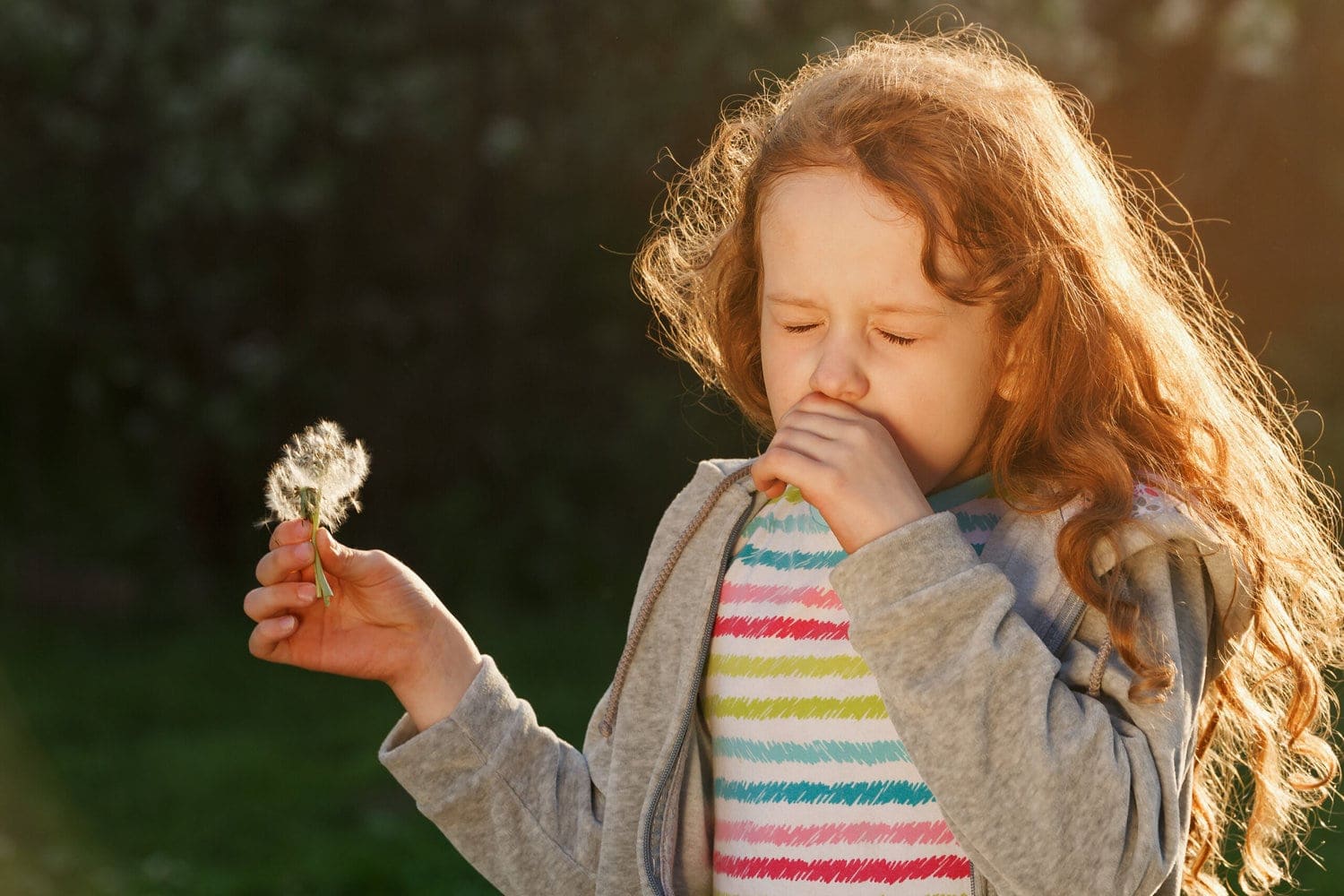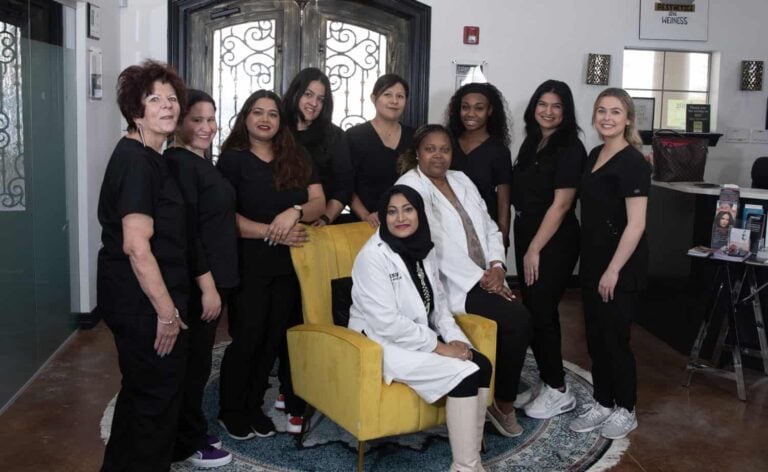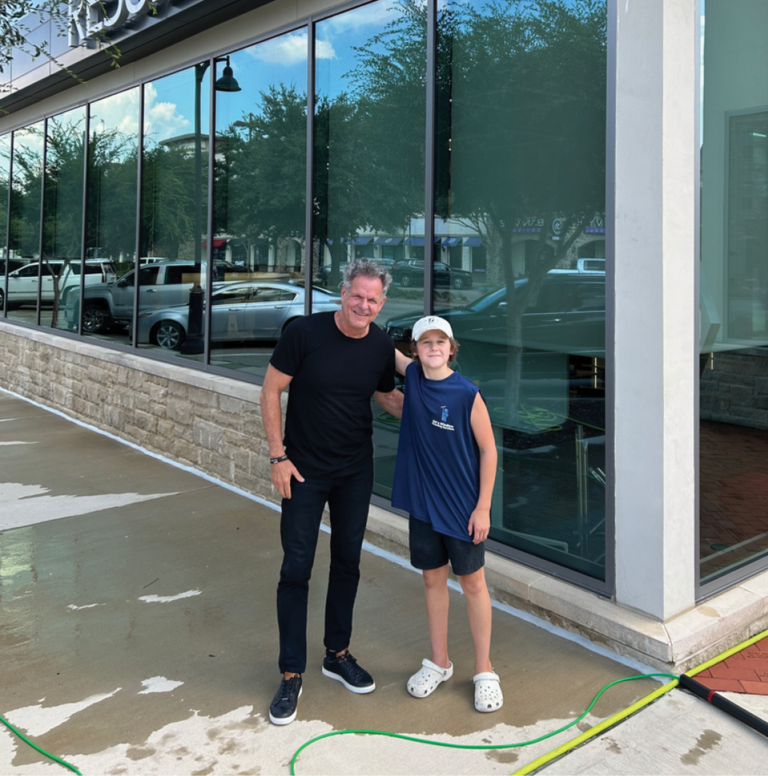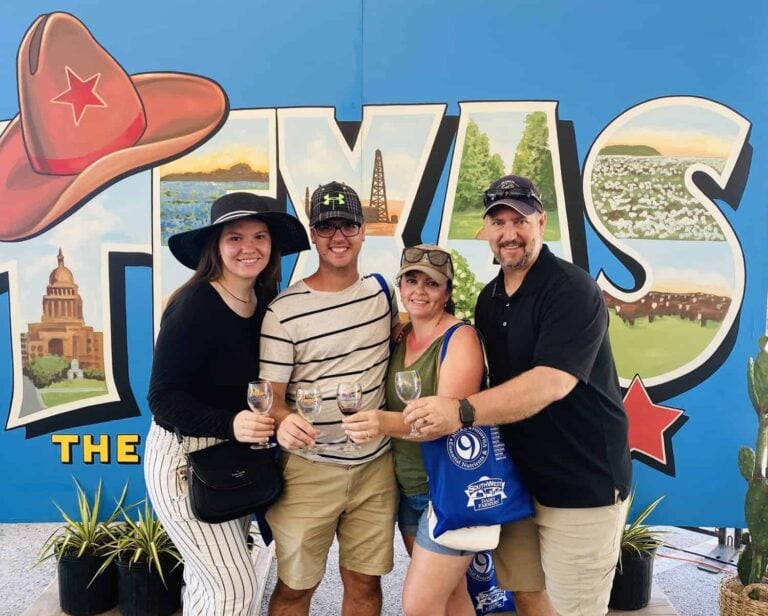Getting Ahead of Childhood Allergies
Lantana Pediatrics
Childhood allergies are a type of allergy that typically develop during infancy or early childhood. Childhood allergies can be mild or severe and can vary from child to child. Generally, childhood allergies involve immune system reactions to specific types of foods, pollens, grasses, animals or other environmental allergens. These reactions can cause allergic manifestations such as rash, itchy eyes, asthma, runny nose, cough, headaches or specific allergic reactions such as hives.
There is no single cause of allergies, but a combination of genetic and environmental factors may play a role. Some children are born with a genetic predisposition to develop allergies. However, most childhood allergies can be effectively managed with skin-prick testing, immunotherapy and the use of specific allergy medications.
Allergy immunotherapy is a type of medical treatment used to reduce the symptoms of allergies. It uses injections of allergens to provoke an immune response in the person with allergies.
Allergy immunotherapy is most effective when it is started early in life, when allergy symptoms are at their most severe. The goal of allergy immunotherapy is to help the person with allergies break the connection between the body’s immune system and the allergen, leading to less inflammation and improved allergy symptoms.
Immunotherapy is not a cure for allergies, but it can help improve symptoms and may help reduce the risk of severe allergic reactions.
At Lantana Pediatrics we offer allergy testing and immunotherapy treatments such as daily oral or weekly injections.







